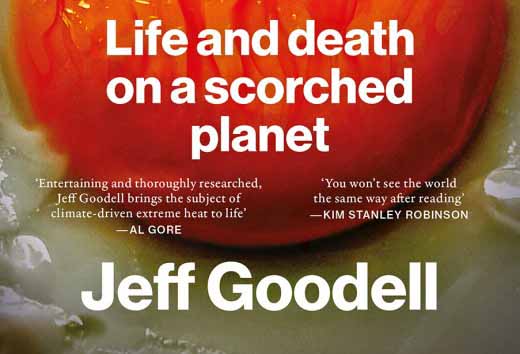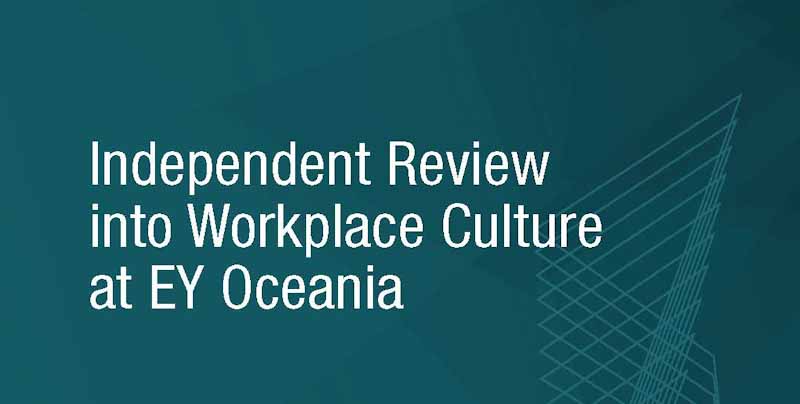When Australia harmonised its occupational health and safety (OHS) laws, the management focus broadened to include work, and not just workplaces. Some “knowledge” or white-collar work can be done anywhere, and employers have often struggled to understand how to extend their OHS management systems and duties to apply to this revised or expanded system of work. Current OHS guidance on working from home is too “big picture” when employers are addressing localised decisions.
OHS lawyer says to trust your gut
Occupational health and safety (OHS) seminars can be a bit hit-and-miss. Sometimes they seem to be a front for promoting a new management program, but every so often, the information offered is perceptive and rewarding. Herbert Smith Freehills partner Steve Bell has been consistently rewarding over many years. No quoting Section 321 of an OHS Act or PowerPoint slide of obscure and semi-important court cases here. His latest seminar appearance covered
- Due Diligence,
- Industrial Manslaughter,
- Psychosocial Risk Assessments
- OHS Harmonisation.
WorkSafe Victoria’s Director of Investigations says “Culture is nirvana”
Every so often, the spokespeople for occupational health and safety (OHS) regulators spread the public speaking load by having divisional heads speak at health and safety events. This week WorkSafe Victoria’s Director of Investigations, Peter Collins (pictured below), spoke at a breakfast seminar for the Australian Institute of Health and Safety, hosted by Herbert Smith Freehills. His presentation seemed like a prepared generic presentation which was okay but uninspiring. Given the nature of the investigations and prosecutions job, it should not have been a surprise that Collins was restricted on many of the topics he could speak of.
These AIHS seminars have been running annually for around 15 years and the Institute for decades, so there are some in the audience with long memories. Collins mentioned the persistent workplace hazards, such as manual handling and falls from heights, and
Emerging workplace hazards that have been around for a long time
Psychological safety at work is often referred to as a recent phenomenon or as an emerging risk. The hazard has captured people’s attention in Australia primarily because of a “mental health tsunami” that many relate to the COVID-19 pandemic, lockdowns and so forth.
WorkSafe Victoria released guidance on workplace bullying and occupational violence in the late 1990s and early 2000s. And in 2006 advised this in one of its office safety publications:
The US take on heat and climate change
Coincidentally, as Europe burns and a little blog in Australia writes about the occupational context of excessive heat, a new book called Heat – Life and Death on a scorched planet was in the bookstores. Jeff Goodell, like so many North American authors, writes for his local readers even though his publishers sell books globally.
However, he does address the occupational health and safety (OHS) impacts of heat and offers some adaptations.
EY report shows a business model that generates serious job stress
In 2022 a young employee of EY died by suicide after a work function. EY announced an independent review of EY Oceania’s workplace culture and that the report would be publicly available. That report was released on 27 July 2023. EY’s response was good crisis management, but the public release is beyond what many companies would do, so EY’s transparency in this case should be acknowledged.
The report written by Elizabeth Broderick‘s company offers good news for EY. There is a high level of satisfaction, but results in the 80 percentages or some 90 percentages still allow for a significant number of personnel who are dissatisfied, harassed, bullied, and/or mentally stressed. It is not unreasonable to accept the EY report as being indicative of the workplace cultures of hundreds or thousands of similar businesses.
This report needs to be read widely and thoroughly by any Human Resources (HR), Executive and occupational health and safety (OHS) professional. The following article scratches the surface of this significant investigation.
Do you fix the fish or the aquarium?
Guest post from Jason van Schie
We can all (hopefully!) agree that looking after workers makes sound business sense. Look after your workers, and they will look after you.
So what is the best way to care for employees? By responding to their symptoms of distress through provision of reactive services like EAP [Employee Assistance Program] and resilience apps (fixing the fish), or by improving the design, management and social interactions at work (the aquarium)?
Let’s park that question for a minute and consider two questions:
1) What happens when we fix the worker but not the work? and
2) If population health is the goal, which approach is more likely to achieve the desired result?







